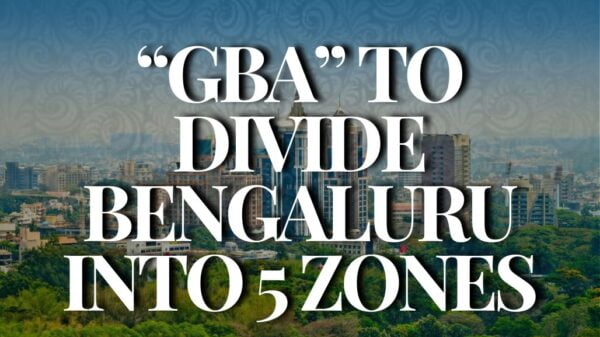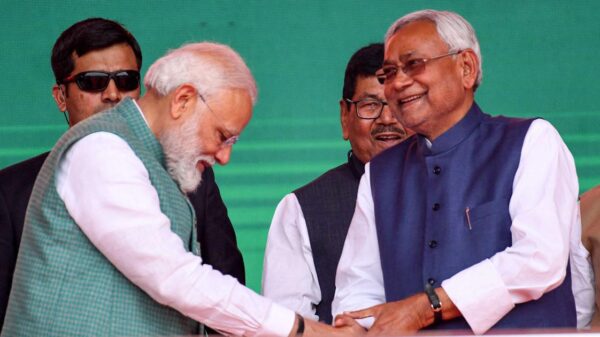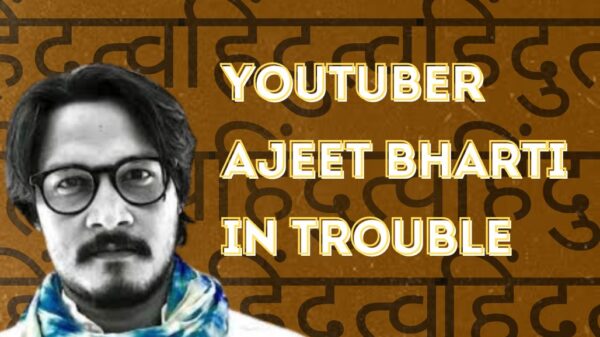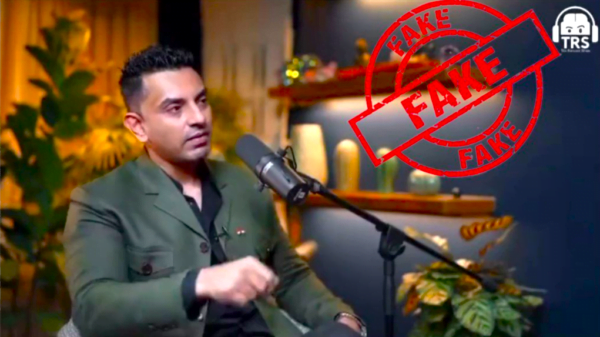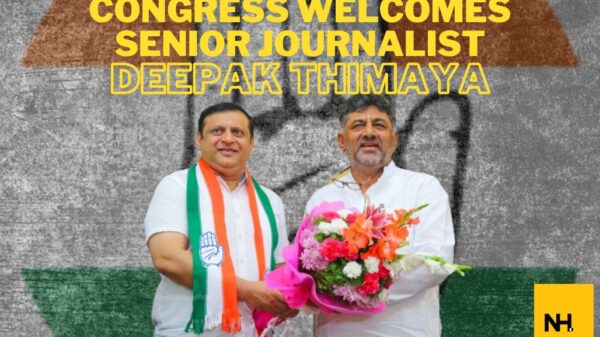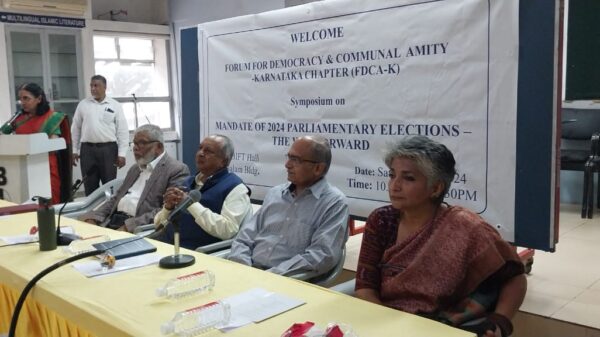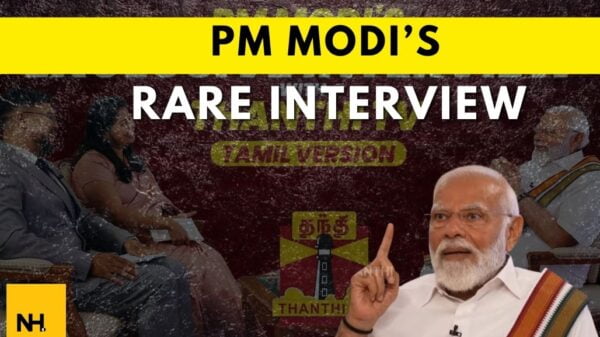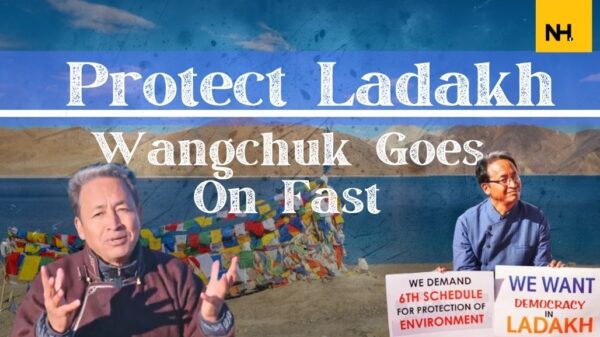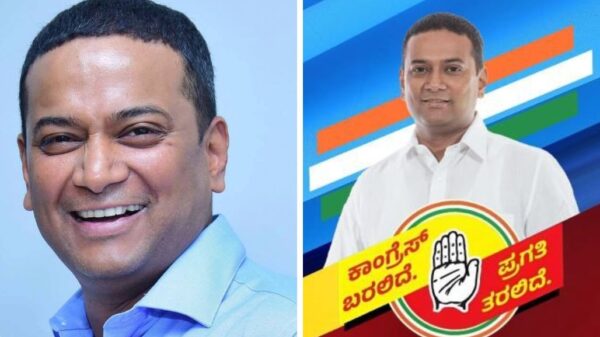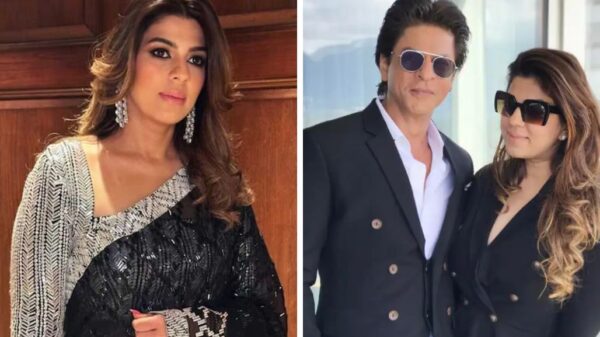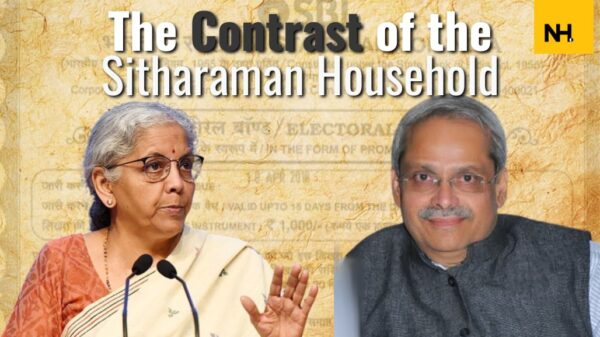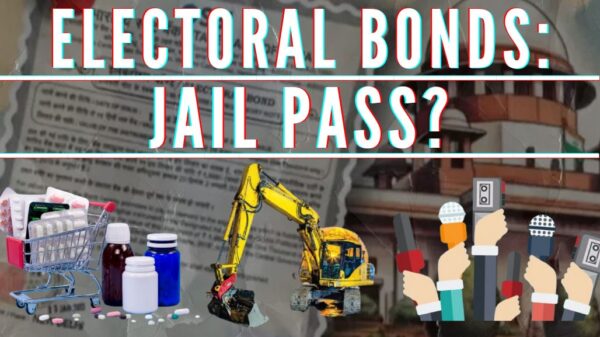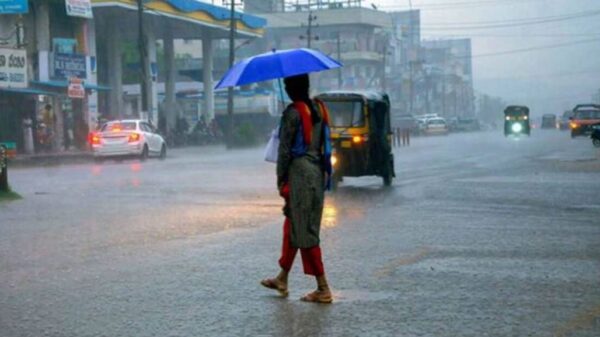The first Indian Prime Minister, Jawaharlal Nehru, is a debatable figure in today’s time. Nehru is historically known to Indians as one of the freedom fighters and someone who set the foundations of Indian democracy. However, with the information boom in the last few years (both true and untrue), Nehru has gained several ‘haters’ or ‘trolls’.
Here is a list of the controversy surrounding the First Prime Minister of India.
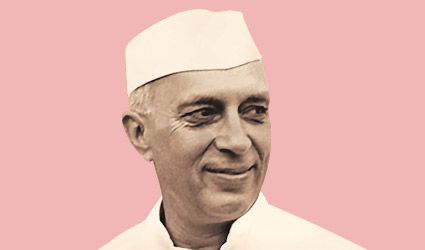
Pandit Jawaharlal Nehru. Credits – Indian National Congress
-
People’s PM or Gandhi’s?
As the Second World War was inching towards its conclusion, it became clear that India’s freedom was not far. Given the electoral success of the Congress party, it went without saying that the President of the Congress party would become the first Prime Minister of Independent India. The Congress President’s election would happen through the Pradesh Congress Committee, and the Committee was inclined toward having Sardar Patel as the leader of the country.
There were efforts made to persuade Patel, as Nehru would not have accepted a second position. Patel though acceded to assume a secondary position.
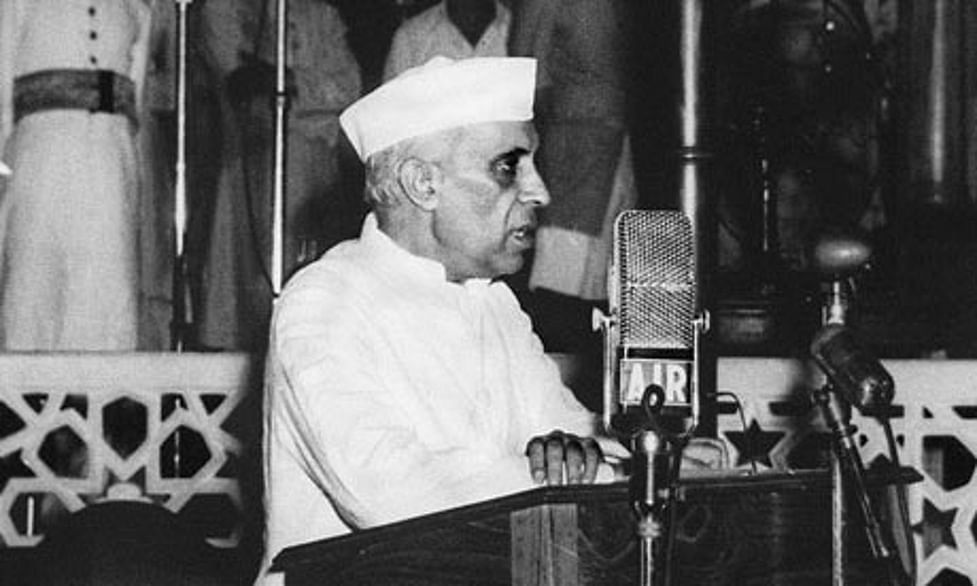
12 out of the 15 members of the Pradesh Congress Committee had voted for Sardar Patel to become the President of the Congress Party
-
Affair with Edwina Mountbatten
Nehru was known for his flamboyant personality and his English demeanor. Unlike several other Indian leaders of the day, Nehru was unapologetic about his habits of smoking, drinking, and socialising with people. The stories of Nehru and Lady Mountbatten have become particularly famous in the last seven years, but there is an element of truth to them
Nehru and Lady Mountbatten were close friends. They would often exchange letters, and panditji was in touch with her, even after the independence. Edwina’s daughter, Pamela Anderson stated that her mother and Nehru liked each other. In her book ‘Daughter of Empire: Life as a Mountbatter’, Pamela agreed that Nehru and Edwina liked each other. However, she also stated that there were no physical relations between them.

Jawaharlal Nehru and Lady Mountbatten
-
Conflict with the First President
Did you know that Pandit Nehru never wanted Rajendra Prasad as the first President of India? Nehru was educated in the UK and had a very modern, progressive outlook on life and politics. Prasad on the other hand, was a man of the masses, orthodox and religious.
Nehru preferred having Rajagopalachari as the President for two main reasons. Firstly, he was already serving as the governor-general of the country, and secondly, Rajagopalachari was ideologically more similar to Nehru. Even after presiding over the position of the first President against Nehru’s wish, the duo had several conflicts, including the famous Somnath controversy.
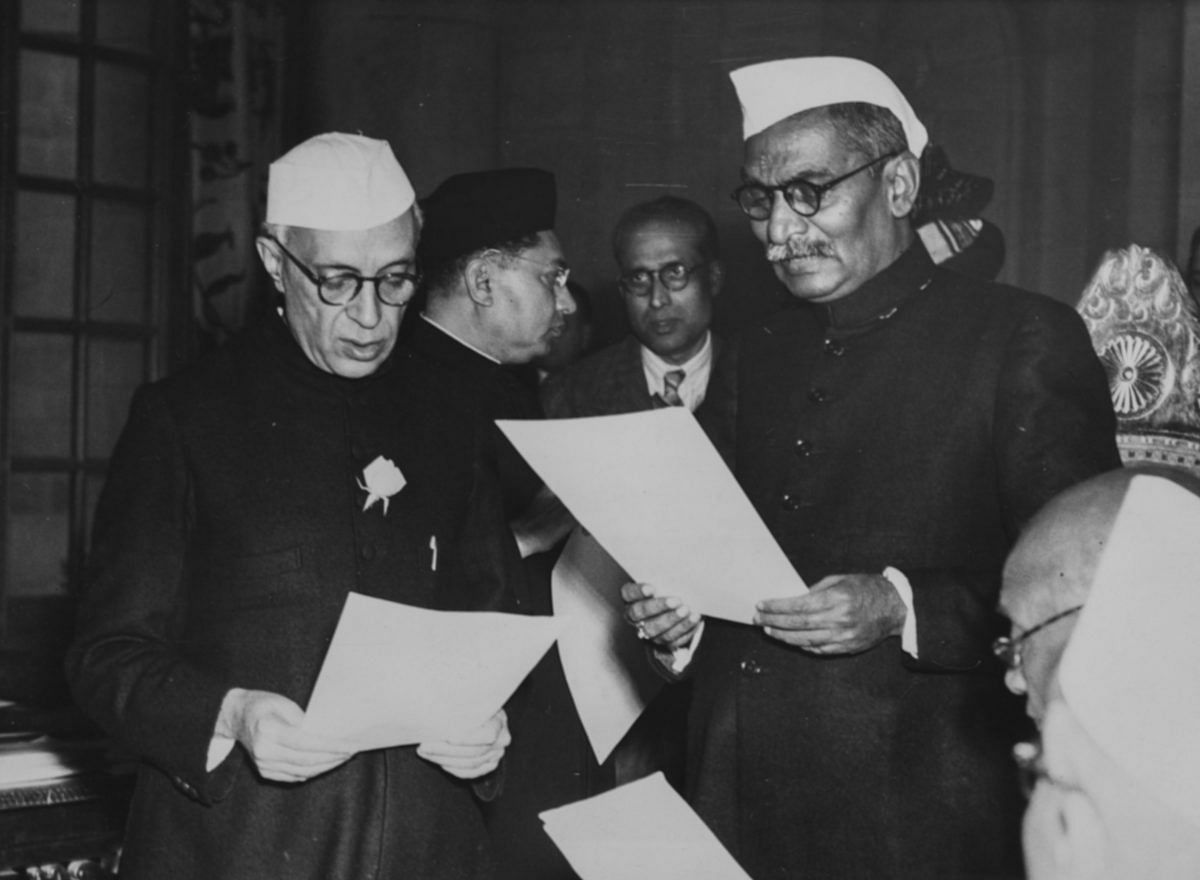
Pandit Nehru and Dr. Rajendra Prasad
-
Nehru Vs. Patel debate
The first Indian Prime Minister and his deputy have been talked about greatly. Patel and Nehru fought for the same cause and followed the same Mahatma, but the two were extremely different from one another in every which way.
In a book named V.P. Menon: The Unsung Architect of Modern India, Narayani Basu reveals a controversial event from that period. The book claims that the Prime Minister never wanted Patel in the cabinet, and in the first list submitted to Mountbatten, his name was omitted. After knowing of this VP Menon approached the viceroy and warned him of a split in Congress. The book claims that Patel’s name was included when the viceroy met the Mahatma.

Sardar Vallabhai Patel was the first Home Minister of Independent India
-
The Kashmir blunder
After the tribal attack in the valley of Kashmir, the two superpowers of the world sympathised with India. They supported the role of the Indian army, which was considered to be a reactionary measure against the Pakistani aggressors. However, our erstwhile rulers, the British, supported the Pakistanis and it is considered that it was under their pressure that Nehru took this matter to the United Nations. It is often talked about that if the Prime Minister had given a free hand to the army instead of taking the issue to the UN, the Pakistani army could have been eliminated from the J&K territory.

Credits – MetroSaga
ALSO READ –
4 Cases Which Prove That Pseudo-Feminism Exists In India | Fake-Feminism


